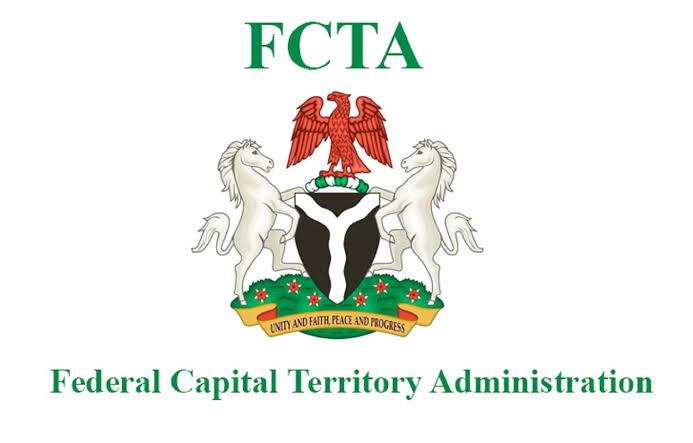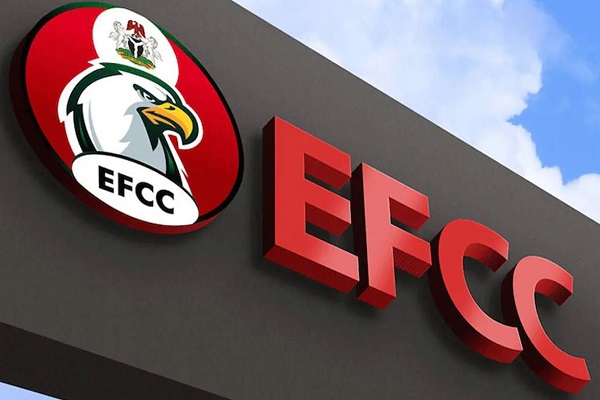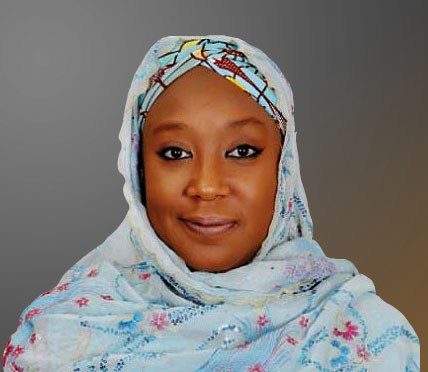Nobel laureate, Prof Wole Soyinka, has disclosed that he almost joined the presidential race following the June 12 pro-democracy struggle.
He, however, said he dismissed the idea after 36 hours of serious contemplation, describing it as “crazy.”
Soyinka made the revelation on Saturday during an interaction with journalists at Freedom Park, Lagos, at an event themed “June 12: Romancing the Embers.”
The engagement came on the heels of President Bola Tinubu’s conferment of national honours on some individuals deemed heroes of the June 12 movement.
When asked why he did not contest for power during the transition programmes that followed the annulled 1993 presidential election, Soyinka said he never saw himself as a politician and only briefly considered the option before backing out.
“I did not; I was not interested; I wanted to go back to my writing; I wanted to go back to where I belong; I am not a politician.
“I must confess, however, that for about 36 hours, I did decide that we have a responsibility and I nearly accepted the nomination to run for office of President.
“After 36 hours, I said, ‘Wole Soyinka, you dey craze.’ Then I said, let me go back to what I love doing,” he said.
The playwright also came down hard on individuals who, in his view, trivialise the significance of the June 12 struggle, describing them as the real enemies of democracy.
“There are still a lot of misconceptions about June 12, even among those who participated, which is normal.
“When you have a movement like June 12, people come with different motivations. Some joined just to settle scores; some joined because they felt belittled or dehumanised by the conduct of the military. Others joined because they are against any form of dictatorship,” he said.
He added, “Many negative things have been written. I want it understood that we had betrayals, lots of inconsistencies, and a lot of opportunistic membership.
“We had treachery that cost many lives and pauperised hundreds. We had retributive activities even continuing after the termination of that particular regime.
“People now assume different roles, pretending and using the transition period.
“June 12 did not begin on June 12 and did not terminate on June 12. Many people—even when they want to settle political scores today, maybe over thwarted ambitions—try to trivialise June 12, instead of leaving June 12 alone. You didn’t participate, and nobody forced you to participate—leave June 12 alone.”
He said those who trivialised June 12 because of thwarted political ambition were the worst kind of enemies of democracy.
“If you see anybody making false claims, they have a right. It is your responsibility to say, ‘I know something about it; it didn’t go this way; the truth is this and that.’ That is legitimate.
“But those who invoke it just to trivialise June 12 because of thwarted political ambition are the worst kind of enemies of democracy.”
Soyinka said the ideals of the June 12 movement must continue to be preserved and promoted through public remembrance, civic engagement, and formal recognition of those who sacrificed for the country’s democracy.
“June 12, therefore, must be sustained through reminders, occasions, gatherings, other civic activities, and through formal recognitions of those who passed away in the movement,” he said.
The Nobel laureates acknowledged that there were some omissions in the honours list of the President.
“I listened to Kayode Fayemi. There were indeed some misses in the honours list. But we should accept the fact that for any struggle so multi-dimensional—one that cuts across the nation, professions, the military itself, academia, market women, factory workers, and so on—those of us honoured should be seen as mere representatives of that movement,” he said.
Soyinka also berated some Nigerian youths who dismissed the significance of June 12, describing such attitudes as ignorant and irresponsible.












